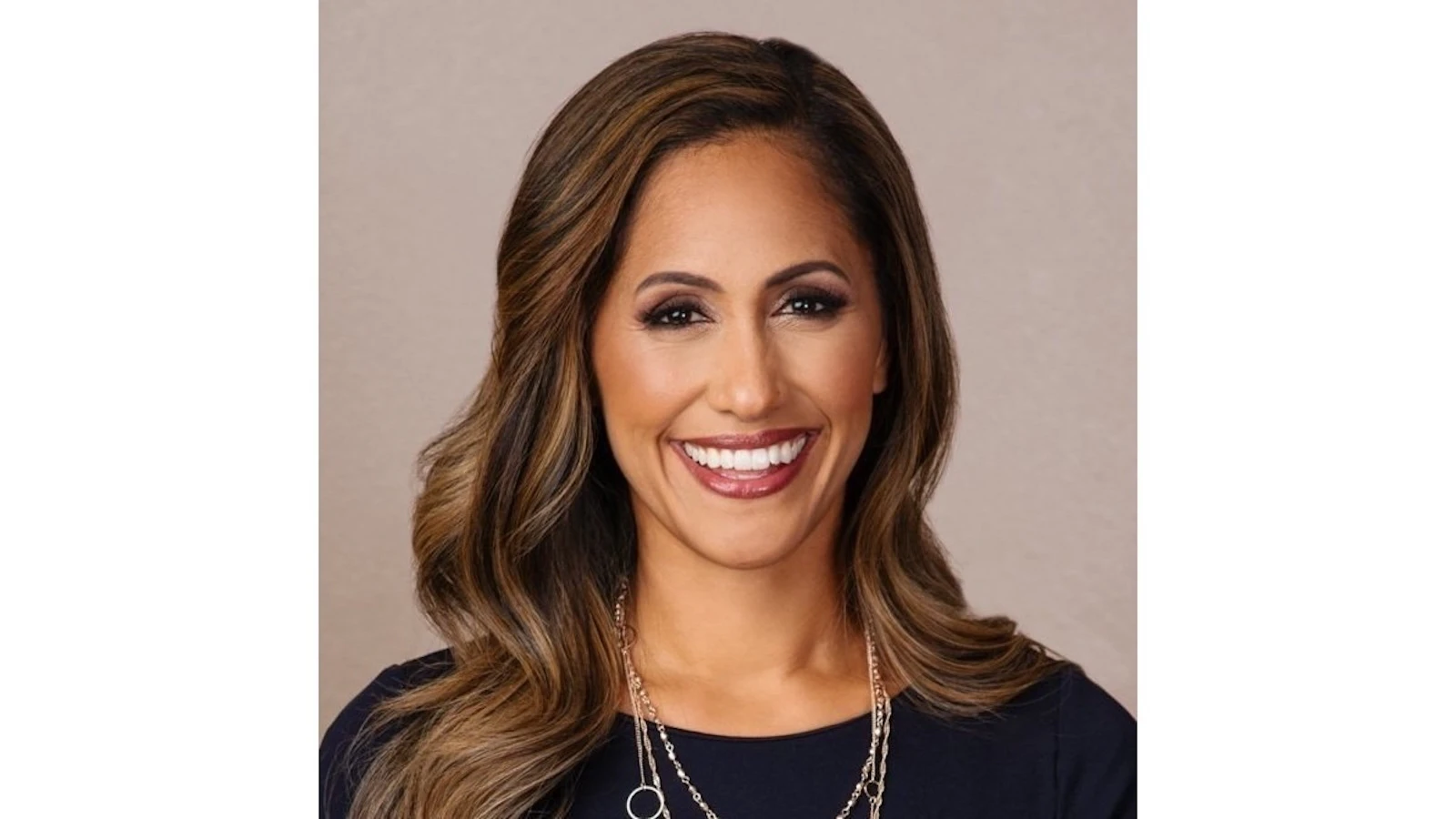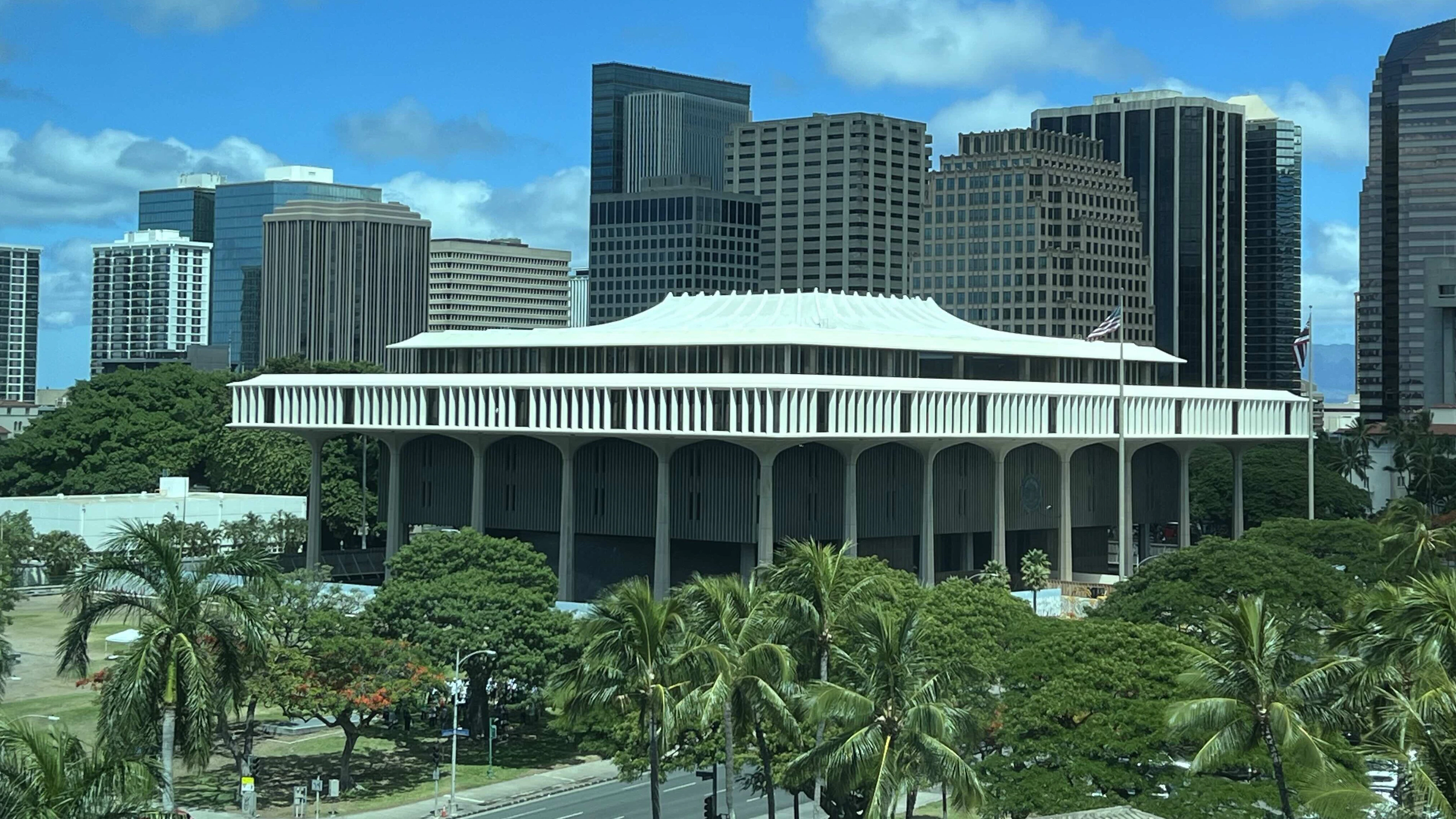In our early days of ASD, way back in February, I wrote an article comparing the cost and quality of Hawaiʻi's Department of Education from 1972 to 2022.
"Bottom line: In constant dollars, education costs nearly twice as much as it did a half-century ago to educate fewer students. Little of that increase has gone to teachers," I found, based on publicly available statistics.
And the results? According the DOE's own assessments, less than two-thirds of Hawai‘i's students today are deemed proficient in English language arts, and just a fourth of them are deemed to be proficient in math.
These are facts to keep in mind as I reference an account of Sen. Mazie Hirono attacking a nationwide school voucher program that Republicans put into the "One Big Beautiful Bill," per the Honolulu Star-Advertiser.
She said the voucher program poses a "serious threat" to public education, the article states. Hirono goes on, "The school voucher provisions in the budget reconciliation bill would divert crucial resources as much as $20 billion or more in perpetuity … for programs that benefit wealthy families who already send their children to private schools, rather than investing these resources in public schools, making sure we can feed our kids.”
"Public education is a great equalizer,” Hirono is quoted as saying. “It gives people the opportunity to succeed in school and in life no matter where they come from. That is why Republicans are so hell bent on undermining it.”
OK. I've been confronting arguments like these against any and all forms of school choice reform going all the way back to my 2001 cover story for Honolulu Magazine, "The Death of Public School."
It doesn't matter if it's the Republican proposal Hirono is addressing this time or Hawai‘i's own constrained charter school program back when pioneers tried to get it started, the arguments are always the same. Nothing can be allowed to compete with the public school system as it is. The purposes of these arguments become clearer when you substitute a feel-good word with a more technically correct term.
Government, not public. Democrats like Hirono opt to say public schools, but they mean government schools. Government-owned buildings staffed with unionized government workers who can be counted on to wave signs for Democrats come election time.
The kids are just the sad excuse — maybe hostage is a better word— for keeping this monopoly in place generation after generation, no matter how its performs.
Remember: Right now, barely a fourth of Hawai‘i's students are proficient in math.
Now, I, too was educated in Hawai‘i's public schools, so I could be better at math. But I'm pretty sure 25% proficiency in math is equalizing little but unpreparedness and limited potential.
Among theorists who try to understand how complex systems work, there is a concept called, "The purpose of a system is what it does (POSIWID)."
With that in mind, take a step back to consider what government schools actually provide, daily, without fail:
Safe, unionized employment, for life, if you can stick it out, with a side order of state benefits. You will never be fired for poor performance, like say, producing kids who struggle to read or balance an equation.
The job security happens every day, 100% of the time, and reveals itself as the true purpose of the system. And that's worth a lot. It's stability and security. It's worth more than money even. Kama‘āina my age might recall when then Gov. Ben Cayetano offered Hawai‘i's government school principals a substantial bonus if they would only agree to ditch their HGEA union membership and be put on performance contracts.
They declined.
Their security mattered more to them than performance.
And take a moment to ponder what it means that the managers in state government have their own union. Even in the unionized parts of the private sector, that is completely off the table. Workers get unions. Management gets surly looks and tedious meetings about what is and what is not "in the contract."
As for Hirono's opinion that only government schools can deliver equity, what I found in 2001 was already old news then, and is still true today: Fly around the state. Go neighborhood by neighborhood. The physical campuses alone are neither equal nor equitable. If the state has not been able to deliver even that much equity — equity of architecture and engineering, mere physical stuff — in its decades-long monopoly on public education, when was it ever going to?
And as for Hirono's contention that the vouchers would mainly benefit parents who already send their kids to private schools, I have just one word, on behalf of all the underpaid, overworked public school teachers in Hawai‘i struggling to afford Punahou or ‘Iolani for their own kids.
Yes.
And Hawai‘i's public school teachers deserve the help. While they may have job security, in the 50-year overview, they lost pay, in real dollars adjusted for inflation. If I were them, I'd start to wonder what I was getting for my union dues.
Covering education locally was certainly an education for me, politically. It turned me into a rabid libertarian. So, I'll join Hirono in criticizing the Republican plan for vouchers in the form of tax credits, but from a completely different angle.
It doesn't go far enough. America needs a complete and total separation of school and state. And if you want social equity — who doesn't? — if you want an America in which poor families aren't penalized in their education just for being poor, I've got the solution for that, too.
Forget tax credits. Too indirect.
Convert the entire system into independent, nonprofit charter schools. Disband all the government union membership. Make every employee an at-will employee, judged on performance. Then take the state tax money that gets yanked out of our paychecks for education twice a month and literally hand it to parents as a cash-value bond redeemable solely for education.
If nothing else, government is certainly good at moving money around. If the system squeals over the prospect of moving money directly from the rich to the poor without any of it landing in a state budget, then you know what the system really wants protected.
It isn't the kids.
For the latest news of Hawai‘i, sign up here for our free Daily Edition newsletter!
A. Kam Napier is editor in chief of Aloha State Daily. His opinions in Pipikaula Corner are his own and not reflective of the ASD team.
A. Kam Napier can be reached at kam@alohastatedaily.com.





